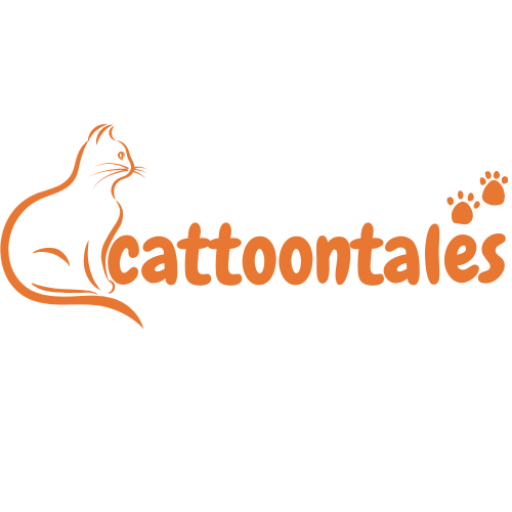Spring is in full swing, and with it comes a burst of vibrant colors, particularly from the beloved tulip. Ottawa, the capital city of Canada, hosts a spectacular festival celebrating these beautiful flowers each year. However, amidst the festivities and floral beauty, there’s a lesser-known concern: the toxicity of tulips to our furry friends, especially cats.
Tulips have a rich history, originating from Central Asia and becoming highly prized during the Dutch Golden Age. Today, they’re cherished worldwide for their variety of colors and elegant shapes, symbolizing love, rebirth, and spring’s arrival. Ottawa, boasting millions of tulips in full bloom, hosts the Canadian Tulip Festival annually, attracting tourists and locals alike to revel in the breathtaking sight.

The Festival’s Splendor
The Canadian Tulip Festival, held in Ottawa since 1953, is a celebration of the friendship between Canada and the Netherlands. It showcases not only tulips but also cultural events, music, art displays, and culinary delights. Visitors flock to Commissioners Park and various venues across the city to immerse themselves in the beauty and festivities, making it a cherished tradition for many.
Dangers to Cats
Are tulips poisonous to cats? Yes, tulip flowers and leaves are poisonous to cats if ingested. While tulips bring joy to many, they hide a potentially lethal threat to our feline friends. Tulips contain toxic compounds called alkaloids, primarily concentrated in their bulbs but also present in leaves and petals. When ingested, these substances can cause gastrointestinal upset, including vomiting and diarrhea, along with drooling, loss of appetite, and oral irritation in cats. In severe cases, tulip toxicity can lead to kidney failure, posing a grave risk to our beloved pets.
Protecting Our Pets
To ensure the safety of our beloved cats during tulip season, it’s crucial to take preventive measures. Keep tulips and other potentially toxic plants out of reach, both indoors and outdoors. Educate yourself and your family about the dangers of certain flowers to pets, and if you suspect your cat has ingested tulips, seek veterinary care immediately.
Alternatives to Tulips
Fortunately, there are plenty of pet-friendly alternatives to tulips that can still add color and beauty to your garden or home. Consider planting cat-safe flowers like roses or sunflowers. These alternatives will not only brighten your surroundings but also keep your furry companions safe.
As we revel in the enchanting beauty of tulips during Ottawa’s spectacular festival, it’s crucial to remain mindful of the potential dangers they pose to our beloved cats. By taking proactive steps to safeguard our pets and choosing safer floral options, we can ensure a springtime brimming with joy, celebration, and peace of mind for both humans and felines alike.

Leave a Reply